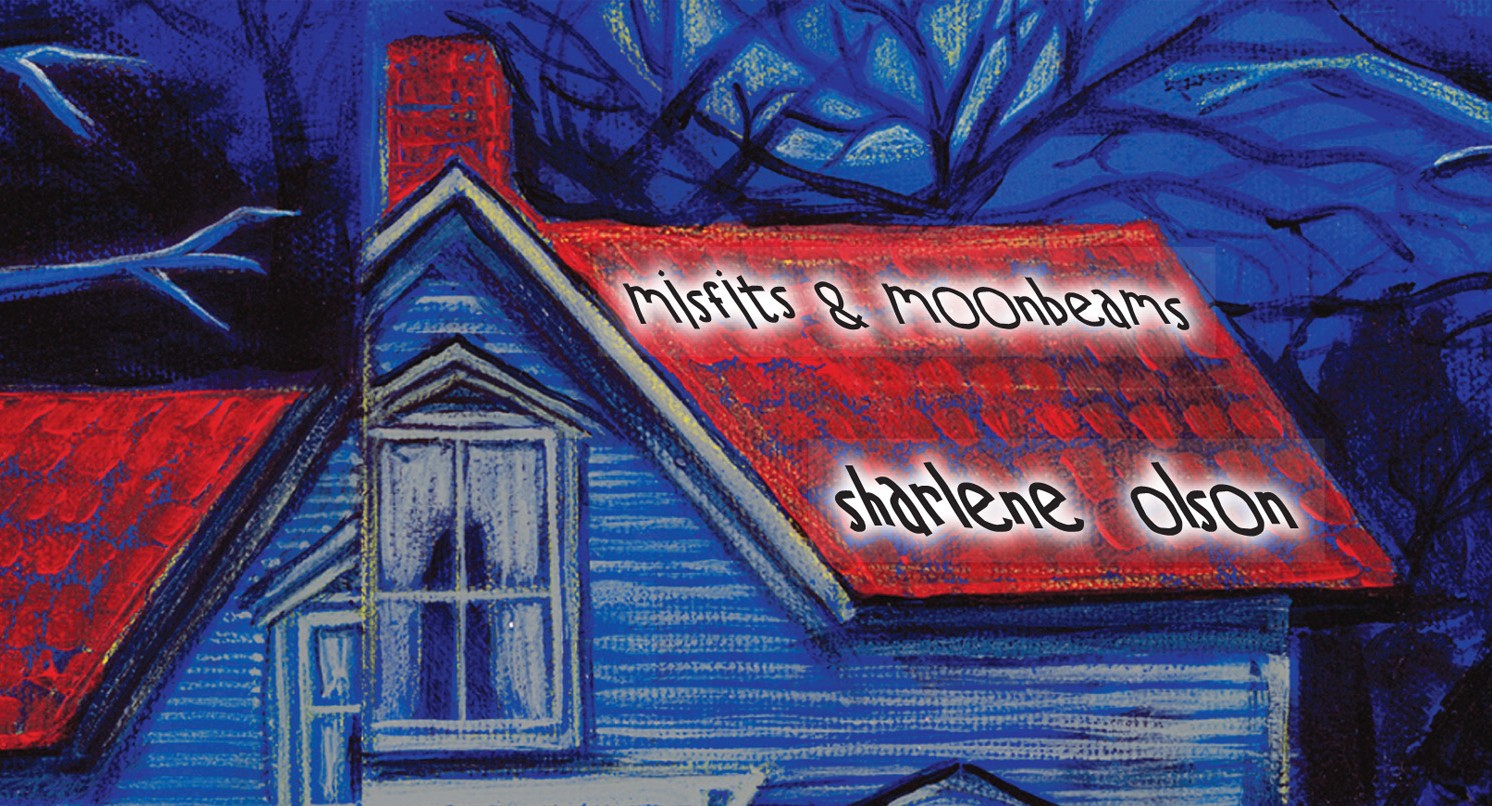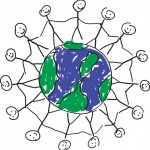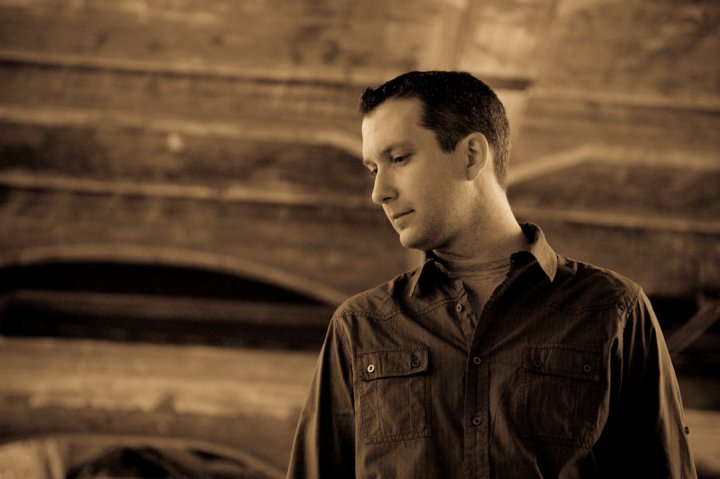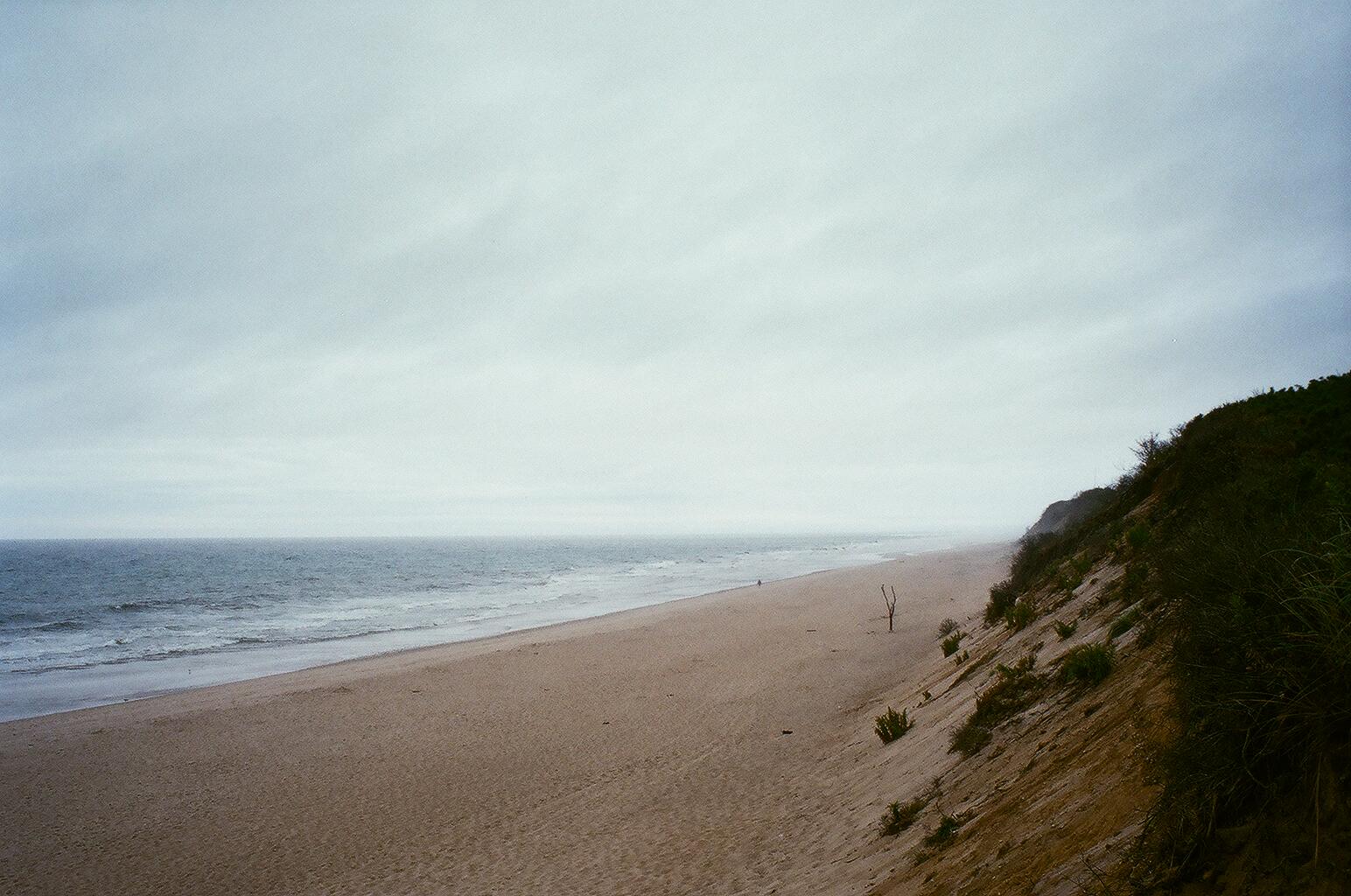Yann Martel’s story
- At July 13, 2013
- By Nathan
- In Effective living
 0
0

Yann Martel’s personal story is less well-known than the story he created. And while The Life of Pi is a separate story, there are similarities just the same.
Yann was raised, for example, by secular parents committed to a thoroughly rational mindset. And so was Piscine or Pi. Frustrated with this limited take on life, he travelled from Canada to India on a spiritual quest. Meanwhile, Pi began his metaphysical journey in earnest early on in India, eventually crossing the pond but going the other way.
Although Yann’s final flight back to Canada likely lasted a mere seven hours, Pi’s epic journey on a lifeboat lasted seven long months. Yann ventured out later on in life and had to make up for lost time.
Beauty and truth were designed to go together
To be sure, there is an emphasis on irrationality – for lack of a better word – in both stories. In an interview, Yann said that he chose the name “Pi” because it represented an irrational number. Some may have assumed, as I did, that this name was selected because it was a mathematical or scientific term. Of course, 3.1415927… is the number used to calculate the area of a circle.
But for Yann, Pi is an appropriate name for a young Indian boy or an older Canadian man attempting to break free from a super-secular society by leaping into the metaphysical beyond.
While I haven’t read The Life of Pi, I recently watched the movie. And in Ang Lee’s celebrated version of this story, Pi is presented as an eastern philosophical sage now teaching at a western university. How fitting. As it turns out, Yann went to Trent University in Ontario, in real life, where he studied philosophy. And this simple fact may explain some of the weirdness and confusion that follows.
His well-crafted “story within a story within a story” is presented in the movie as a convincing way for secular people to believe in God – kind of, sort of, maybe – once again.
Really?
For Pi and Yann, the way out their secular and nihilistic conundrum is to essentially believe whatever they happen to feel like believing for no particular reason. This is accomplished by blurring the distinction between reality and fantasy and then saying, “Look, it’s really all about interpretation and personal choice anyway!” Truth is ignored and essentially considered irrelevant. And insofar as this is an accurate reading, their way of trying to find meaning and purpose, and even God, is nothing new or noteworthy.
Both stories follow and advocate a well trodden and post-modern path. Those who have read The Universe Next Door, by James Sire, will understand the steps they have taken and many searching people unfortunately continue to take.
Not sure what to believe? Well, just pick some weird, religious story or parts of several you like. Go with that. Pi claimed to follow millions of Hindu gods, Muhammad, and even Christ – and he may have just been getting started. Now living in Saskatchewan, Yann has returned to his catholic roots. But he also appreciates aspects of Islam. Talk to him next week, and he may well have embraced something else completely different.
It is worth noting that Yann’s story and Pi’s story are both very dogmatic while pretending not to be. At the same time, both celebrate individualism and personal choice while nonetheless coming to the same, old, politically correct conclusions about truth, God, and spirituality. How does that work?
Essentially, it comes down to this: Art, exceptional art, has an almost magical power to muddle and mess with the human mind.
Take an exotic setting, masterful storytelling, dreamy music, and stunning cinematography; add suspense and adventure, wild storms, incredible sea creatures, the open ocean, and the night sky. Then, plaster it all on a large screen. Do this type of thing again and again and again for hours and hours on end. Before too long, all of this imagery has an impact on our senses and, over time, the messages conveyed become a part of our collective thinking.
And so, when it comes to core convictions about what matters the most, it’s now all good and pretty much anything goes. But this strange conclusion will only make sense to those who naively embrace Yann Martel’s religious philosophy or pay too much uncritical attention to movies like The Life of Pi.
Beauty and truth were designed to go together, but it doesn’t always work that way.
© Career & Life Direction 2013. All rights reserved.

































